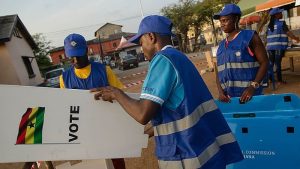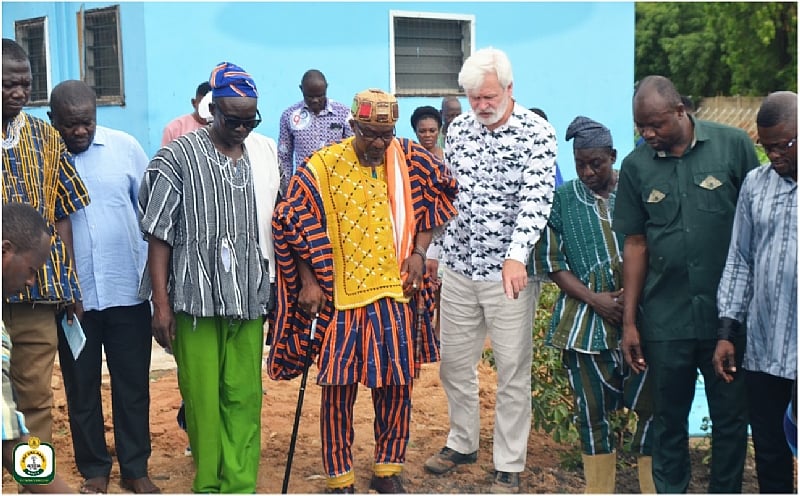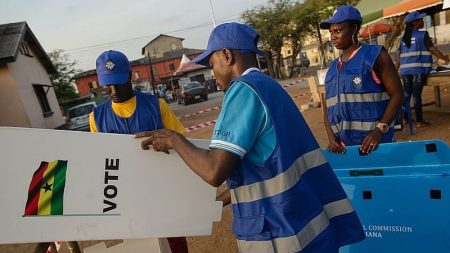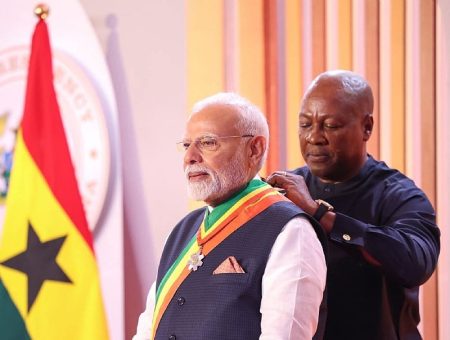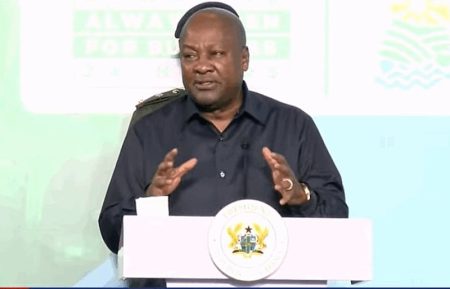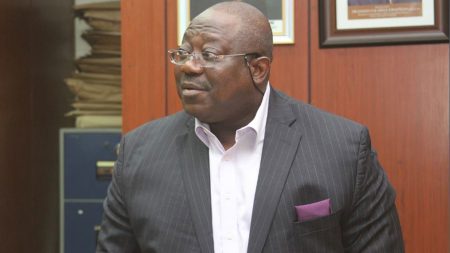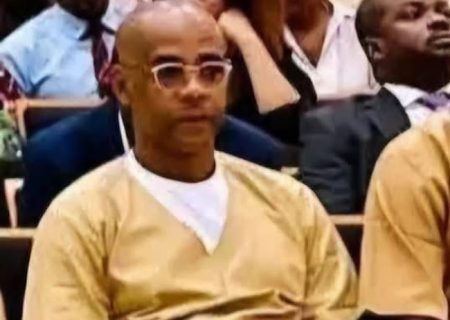The commissioning of a pioneering greywater treatment system at Gowrie Senior High Technical School (SHTS) in Ghana marked a significant milestone in sustainable water management, demonstrating the transformative potential of community-driven innovation and international collaboration. The July 1, 2025, ceremony brought together a diverse assembly of stakeholders, including local chiefs, government officials, representatives from the Dutch Water Authority, environmental agencies, non-governmental organizations, school staff, students, and community members, all united by a shared vision for a cleaner and more water-secure future. This project, born from a local challenge and nurtured through international partnership, stands as a testament to the power of collective action and ingenuity.
The genesis of the project lay in the school’s struggle with wastewater management. Discharging untreated dormitory wastewater into the Vea Dam, a crucial source of drinking water, posed a significant environmental and health risk. The school’s technical department initially sought internal solutions, demonstrating a proactive approach to problem-solving. This internal initiative gained momentum when the Bongo District Assembly connected the school with the Water Resource Commission and the Blue Deal program, a Dutch-funded initiative supporting sustainable water management in Ghana. The resulting partnership, facilitated by the Dutch Water Authority, provided the technical expertise and resources to transform the school’s vision into a tangible reality. The project’s multi-faceted benefits extend beyond wastewater treatment, encompassing educational opportunities, community engagement, and the promotion of sustainable practices.
The commissioning ceremony served as a platform to recognize the collaborative efforts that had propelled the project forward. Dominic Atokuntaba, the Assistant Headmaster, expressed the school’s pride in hosting this innovative system, highlighting the crucial role of the Dutch team and the Water Resource Commission. He articulated the school’s long-standing sanitation concerns and detailed the journey from internal problem-solving to international partnership. Mr. Atokuntaba emphasized the school’s commitment to maintaining the system and expressed hope for replicating its success in other areas, contingent on resource availability. He also appealed for support in addressing the school’s ongoing challenges, including acute water shortages, inadequate student accommodation, and unreliable transportation for academic activities.
Representatives from the partnering organizations underscored the project’s significance and its potential for wider impact. Jesse Kazapoe of the Water Resource Commission recounted the project’s five-year journey, highlighting the remarkable transformation of the project site from an unsanitary area to a clean and functional space. He emphasized the project’s aim to inspire similar initiatives, promoting the “uptake” of innovative water management solutions. The Blue Deal Project Coordinator, Dr. Aduku, challenged the school community to proactively address potential challenges, such as mosquito breeding, and encouraged further student-led improvements, recalling the project’s origins in a student design competition. Erik Bruijne of the Dutch Water Authority emphasized the power of teamwork and positive thinking, praising the collaborative efforts that brought the project to fruition.
Local leaders also expressed their strong support for the project and its potential to improve water management in the region. Bonaba Salifu, the Paramount Chief of Bongo, lauded the Netherlands’ expertise in water management and advocated for the project’s long-term sustainability, urging the school to prioritize maintenance. He also underscored the community’s broader water challenges, advocating for local control of the nearby water treatment plant to address the serious issue of fluoride contamination. Madam Asibi Alebs of the Ghana Water Commission provided a detailed account of the project’s history, highlighting the student-led design competition that birthed the innovative greywater system. She emphasized the use of locally sourced materials, showcasing the students’ ingenuity and commitment to environmental sustainability.
The culmination of the ceremony involved a symbolic sword-cutting at the project site by the Paramount Chief, guided by the school’s technical teacher and Erik Bruijne. This act, followed by traditional dances, a group photo, and the presentation of footballs to the students, symbolized the successful completion of the project and celebrated the collaborative spirit that made it possible. The Gowrie SHTS greywater treatment system stands as a beacon of hope, demonstrating the transformative potential of local innovation, international partnerships, and a shared commitment to sustainable water management. It serves as a model for other communities facing similar challenges and inspires future generations to take an active role in creating a more sustainable future.


